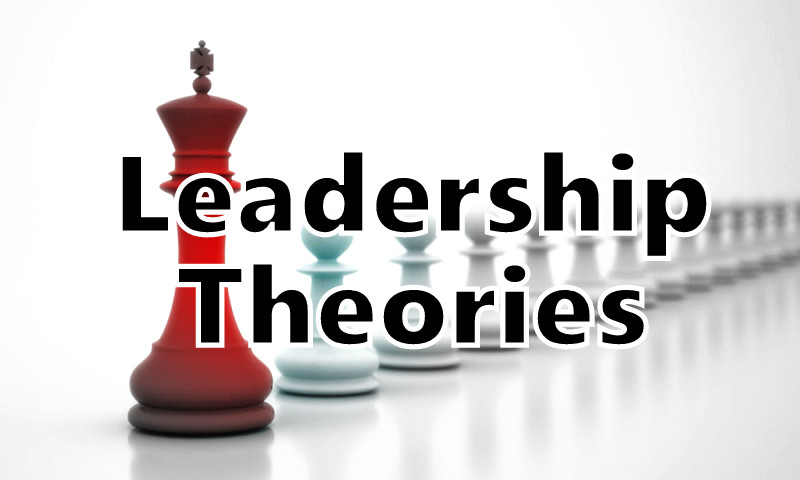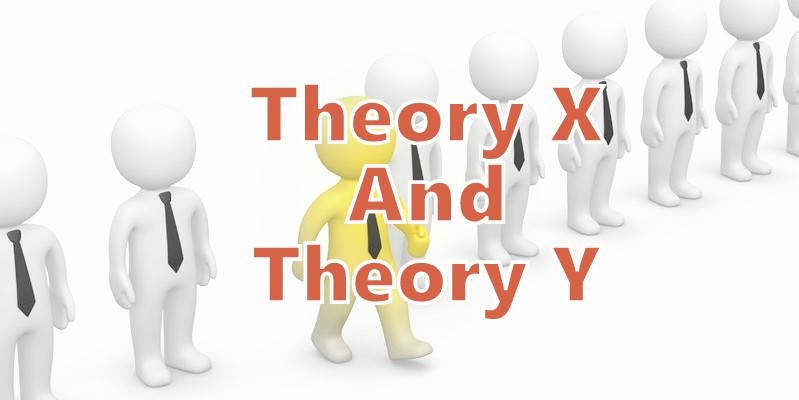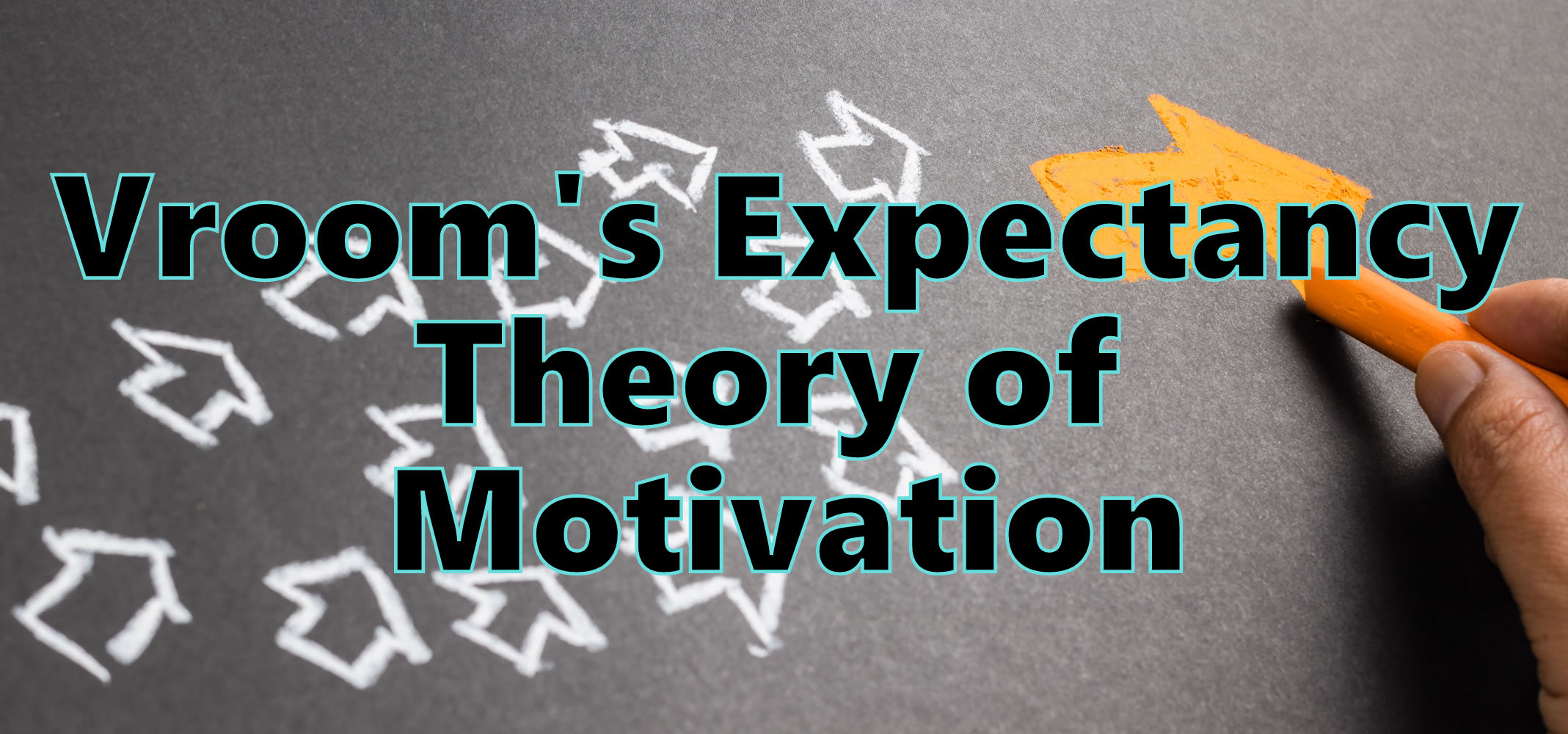Organisational Growth A very useful model of organizational growth was developed by Greiner. He argues that growing organization move through five relatively calm periods of evolution, each of which ends with a period of crisis and revolution. According to Greiner, ‘each revolutionary period is characterized by the dominant management style used to achieve growth, while […]
Category: Uncategorized
Organizational Change
Organizational Change More and more organizations today face a dynamic and changing environment. So the organization is required to adapt this change . “Change or die” is the rallying cry among today’s managers worldwide. Therefore, in this dynamic society surrounding today’s organizations, the question before the managers is not whether change will take place or […]
Sensitivity training
Sensitivity Training Sensitivity training also known as T-group approach (T stands for training), laboratory training or encounter group. It evolved from group dynamics concept of Kurt Lewin. The first sensitivity training session was held in 1946 in State Teachers College, New Britain, USA. Since then it spread to numerous training centers in the USA and […]
Nipah Virus Outbreak
Nipah Virus- Symptoms, Diagnosis and Treatment Nipah virus is an RNA virus that is part of the Paramyxovidae family that was first identified as a zoonotic pathogen after an outbreak involving severe respiratory illness in pigs and encephalitic disease in humans in Malaysia and Singapore in 1998 and 1999. Nipah virus can be transmitted to […]
Leadership Styles
Leadership Styles Leadership is practiced by leadership style. James Stoner defines leadership style as “ Styles are the various patterns of behavior favoured by leaders during the process of directing and influencing workers.” Thus leadership style is a specific way, method or pattern of a leader to lead followers. It represents leader’s philosophy, skills and […]
Leadership Theories
Leadership Theories There are many ways to understand leadership that has been developed in an attempt to explain why individuals become leaders and why some leaders are more effective than others. Many theoretical approaches are available to study leadership. Some important theories are discussed below: 1. Charismatic Leadership Theory Charismatic leadership theory can be traced […]
Theory Z
Theory Z of Motivation Theory Z was developed by William Ouchi in 1981. It describes the major postulates of Japanese management practices and how these practices can be adopted to the environment of United States and other countries. It provides a complete transformation of motivational aspect of employees which other theories are not able to emphasize. […]
Theory X and Theory Y
McGregor’s Theory X and Theory Y Douglas McGregor’s in his book “the human side of Enterprise” published in 1960, explained two different kinds of theories or assumptions about human behavior. They are theory X and theory Y. Theory X holds a negative (traditional) view of the workers while theory Y holds a much refined and […]
Equity Theory
Equity Theory of Motivation Equity Theory was developed by James Stacy Adam. It was published in the journal, Experimental Social Psychology, 1965, New York titles ‘Inequality in Social Exchange’. The theory is also known as Adam’s Inequity Theory of Motivation. It is a cognitive-centered theory as it is basically concerned with the person himself, his […]
Vroom’s Expectancy Theory of Motivation
Vroom’s Expectancy Theory of Motivation Expectancy model was developed by Victor Vroom in 1964. Criticizing the content theories of motivation which are based on the needs of people and their priority. Vroom has presented an alternative theory which is based on motivation process. Various theories which are based on motivation process are more concerned with […]










